British comedy has long been a cornerstone of global humor, celebrated for its distinctive wit and clever satire. From the early days of pioneering comedians to the modern trends we see today, the evolution of UK humor offers a fascinating glimpse into the cultural and societal shifts that have shaped its development. This rich history is marked by iconic British comedians who have left an indelible mark on audiences both domestically and internationally.
Exploring the UK comedy timeline reveals a vibrant tapestry of genres and formats, from classic comedies that defined eras to the rise of British sitcoms that brought laughter into households nationwide. The evolution of stand-up comedy and innovative sketch shows has further cemented the country's status as a hub for comedic talent. These elements not only entertain but also reflect the evolution of humor in response to changing times.
The evolution of British comedy is a captivating journey through time, reflecting the cultural, social, and political landscapes of the United Kingdom. This evolution offers insights into what makes people laugh and how societal shifts have influenced humor across generations. In recent years, British comedy has continued to adapt and respond to contemporary issues, integrating modern technology and global trends while maintaining its quintessential wit and satire.
British comedy's history is deeply rooted in the country's diverse cultural heritage. From Shakespearean farce to Jonathan Swift's biting satire, British humor has thrived on its ability to critique and entertain simultaneously. Pioneers like Charlie Chaplin and Stan Laurel in the early 20th century laid a foundation for future generations.
Classic comedies such as "Fawlty Towers" and "Blackadder" have left an indelible mark on the comedy landscape, showcasing an evolution of UK humor that is both timeless and responsive to societal norms. These shows not only entertained but also subtly critiqued the British class system and other societal structures.
Modern British Comedy Trends
Today, British humor continues to evolve, with modern trends reflecting both continuity and change. The rise of streaming services has enabled a global audience to access British sitcoms, broadening its influence on international humor. Shows like "The Office" have transcended borders, with adaptations appearing worldwide.
Moreover, the evolution of stand-up comedy in the UK has gained popularity, with comedians like Ricky Gervais and James Acaster achieving international acclaim. Stand-up comedy has embraced diverse voices, tackling themes ranging from politics to personal identity.
Technological advancements highlight significant areas for future comedic development. The UK's participation in a pact supporting AI competition with the U.S. and E.U. underscores potential impacts on comedy's future. AI technology is increasingly used in content creation, including comedy writing and production, presenting new opportunities and challenges.
Will AI-generated humor find its place alongside traditional forms? Comedians will explore this as they navigate the evolving landscape. While technology offers exciting possibilities, it also raises questions about creativity and originality.
Addressing Contemporary Issues Through Satire
British satire is renowned for its sharp critique of social and political issues. Recent events in the UK, such as misinformation-fueled race riots, demonstrate satire's powerful role in addressing serious issues with humor. Satirical programs like "Have I Got News for You" blend comedy with current affairs, prompting reflection on pressing issues while entertaining.
This ability to tackle difficult topics with humor is a hallmark of British comedy's influence, offering commentary and catharsis.
British comedy TV shows have captivated domestic audiences and garnered a global following. Platforms like Netflix and Amazon Prime allow iconic comedians to reach wider audiences than ever before. This global reach has led to collaborations and exchanges that further enrich the comedic landscape.
Apps like WhatsApp, which recently reached 100 million monthly active US users, demonstrate how communication technology influences comedic formats and distribution. Comedians increasingly use social media to share their work, engage with fans, and experiment with new styles.
Despite its success, modern British comedy faces challenges, including navigating sensitive topics in an increasingly polarized society. Violent protests in response to tragedies such as stabbing sprees reflect societal tensions that comedians address through satire. Balancing humor with sensitivity is crucial for engaging audiences meaningfully.
Moreover, UK regulatory probes into tech partnerships add complexity for content creators who rely on digital platforms for distribution. Understanding these dynamics is essential for comedians adopting a digital-first approach.
As we delve into the legacy and evolution of British comedy, it becomes clear that this art form is both timeless and ever-changing. From classic comedies to modern satire addressing contemporary issues, British humor remains a dynamic force in global entertainment.
By understanding the UK comedy timeline and its influencing factors, we gain insight into what makes us laugh and how humor reflects society. As technology advances and new generations contribute their voices, British comedy will undoubtedly continue to evolve—drawing from its storied past while embracing new directions.


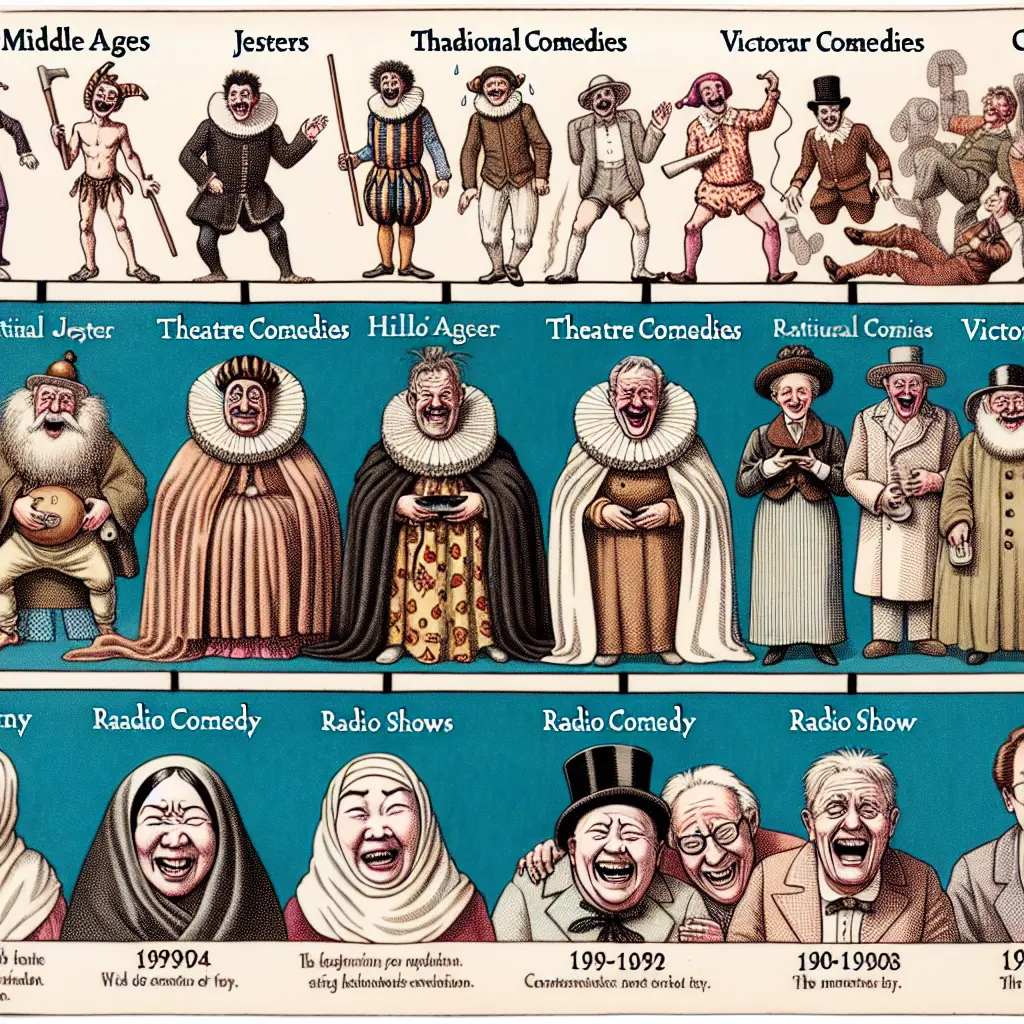

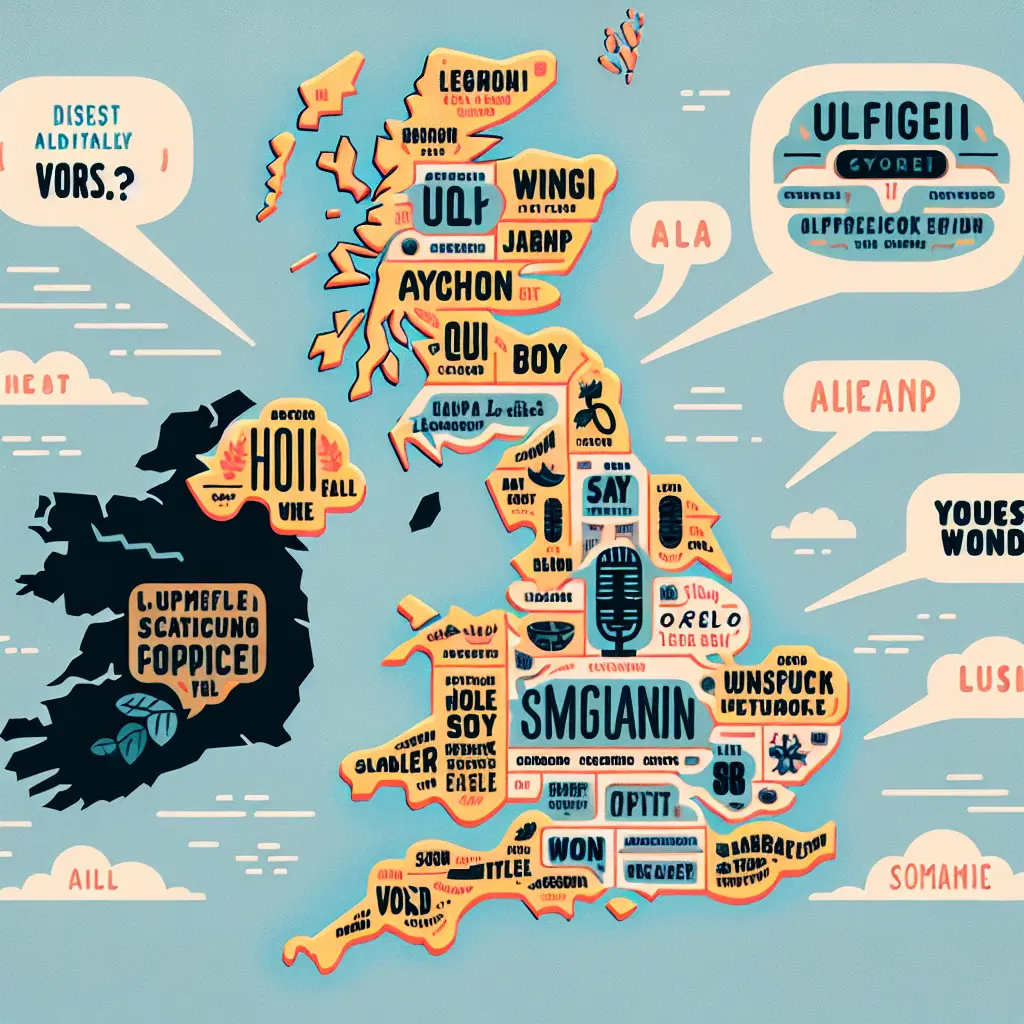
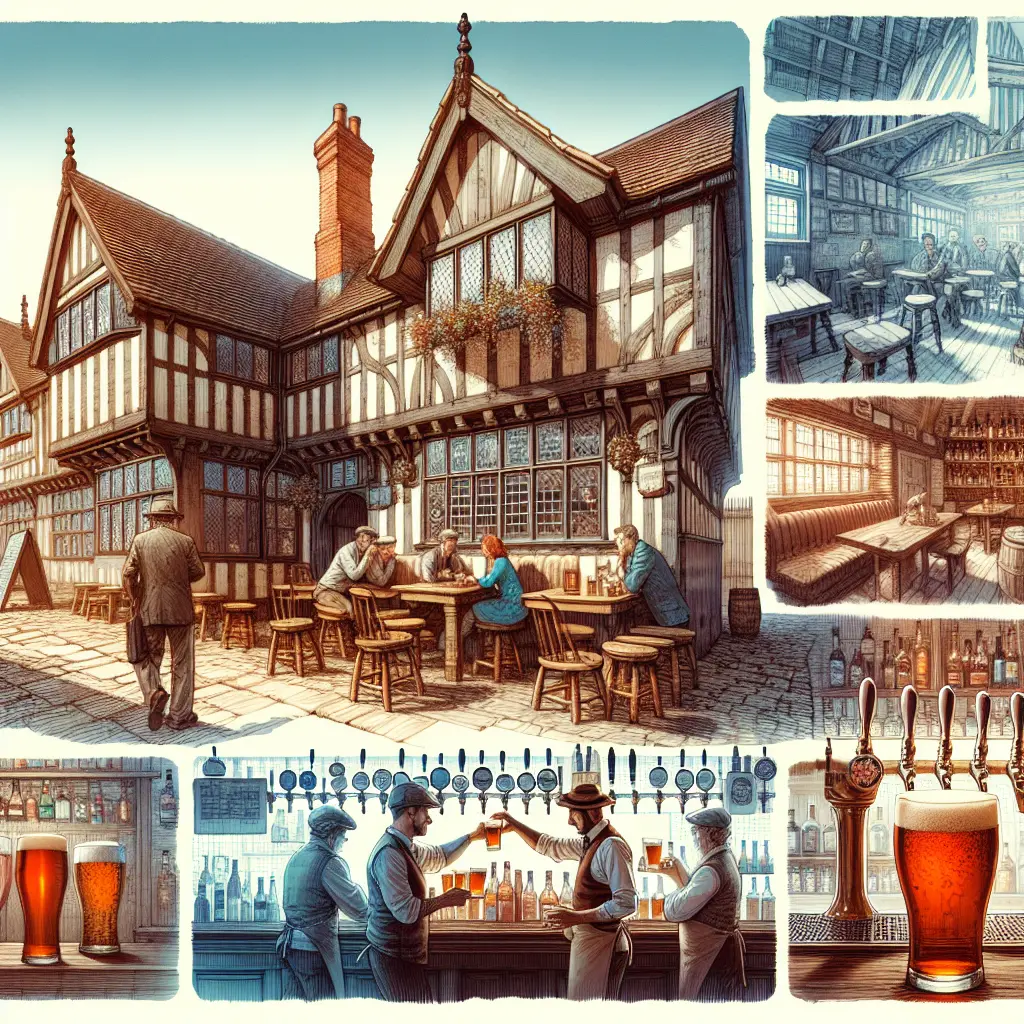

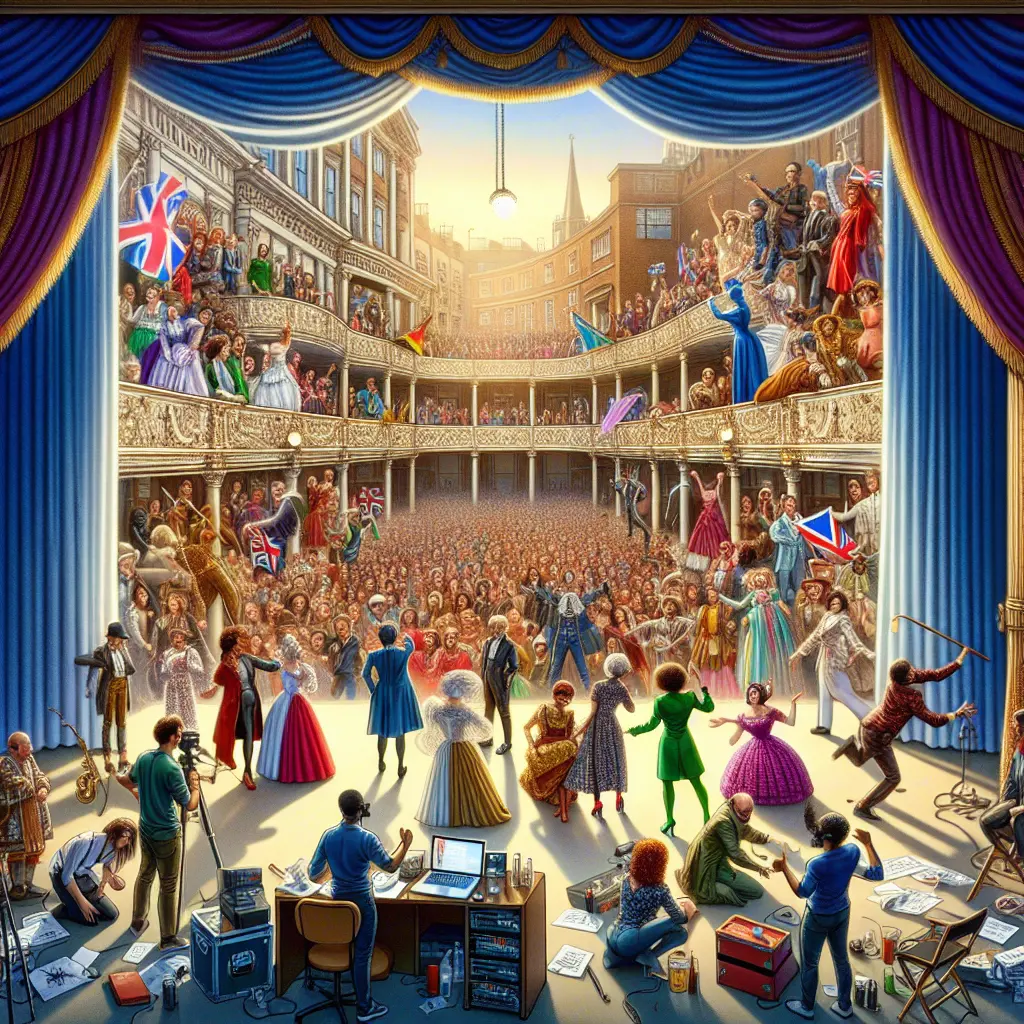
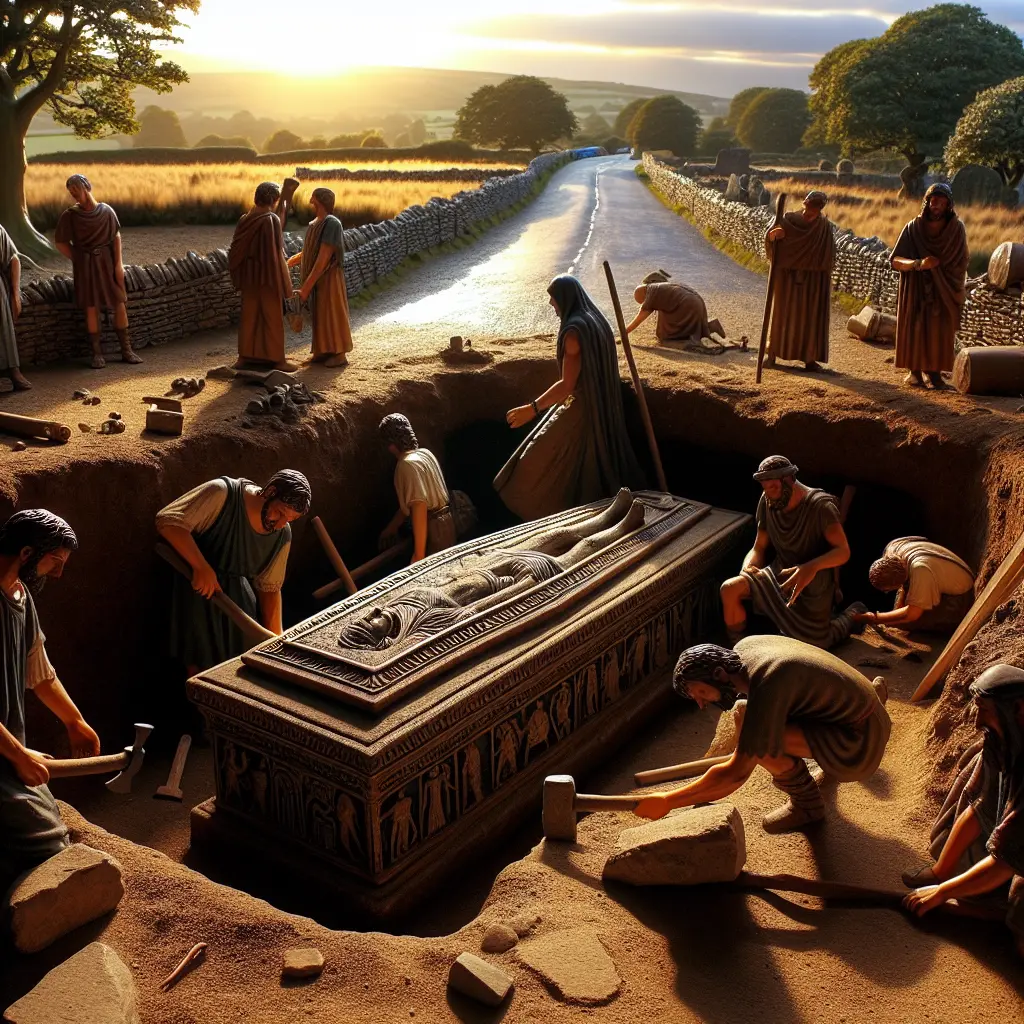
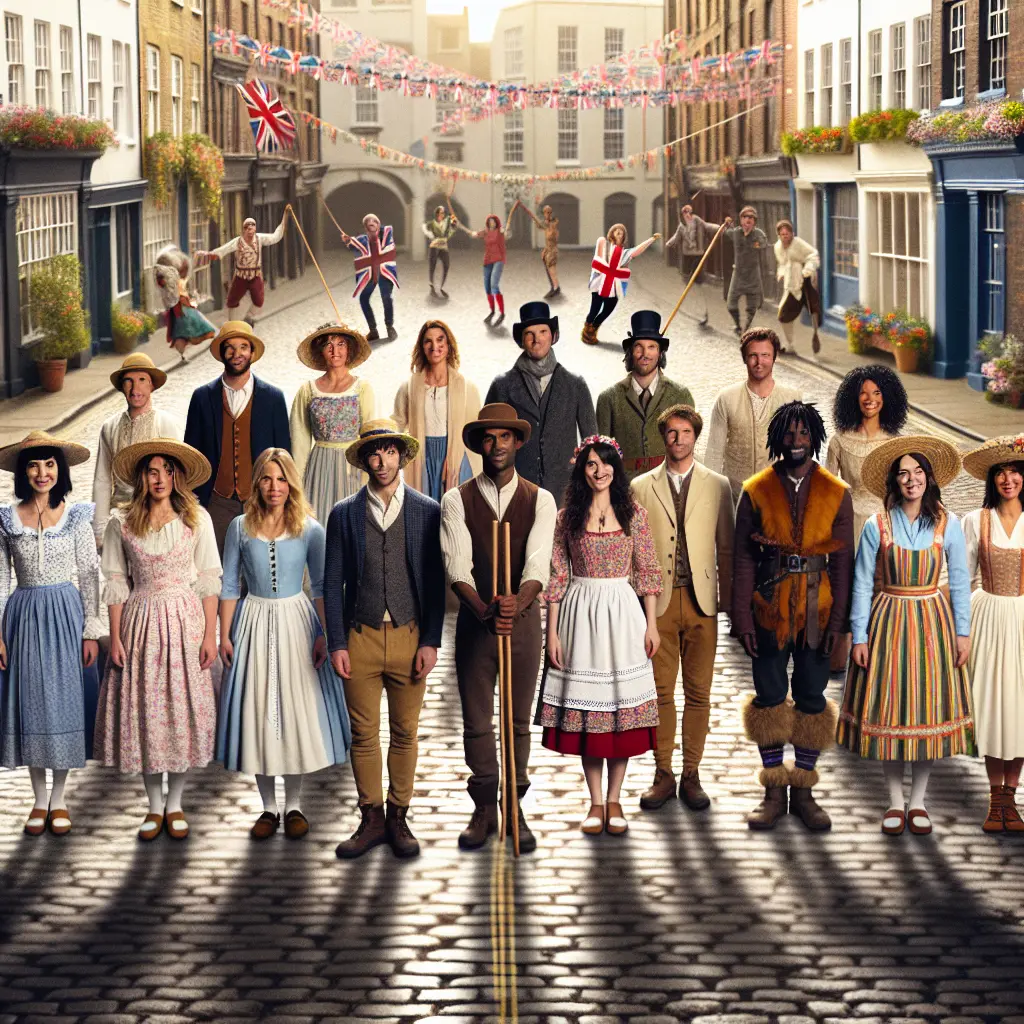
Leave a Comment